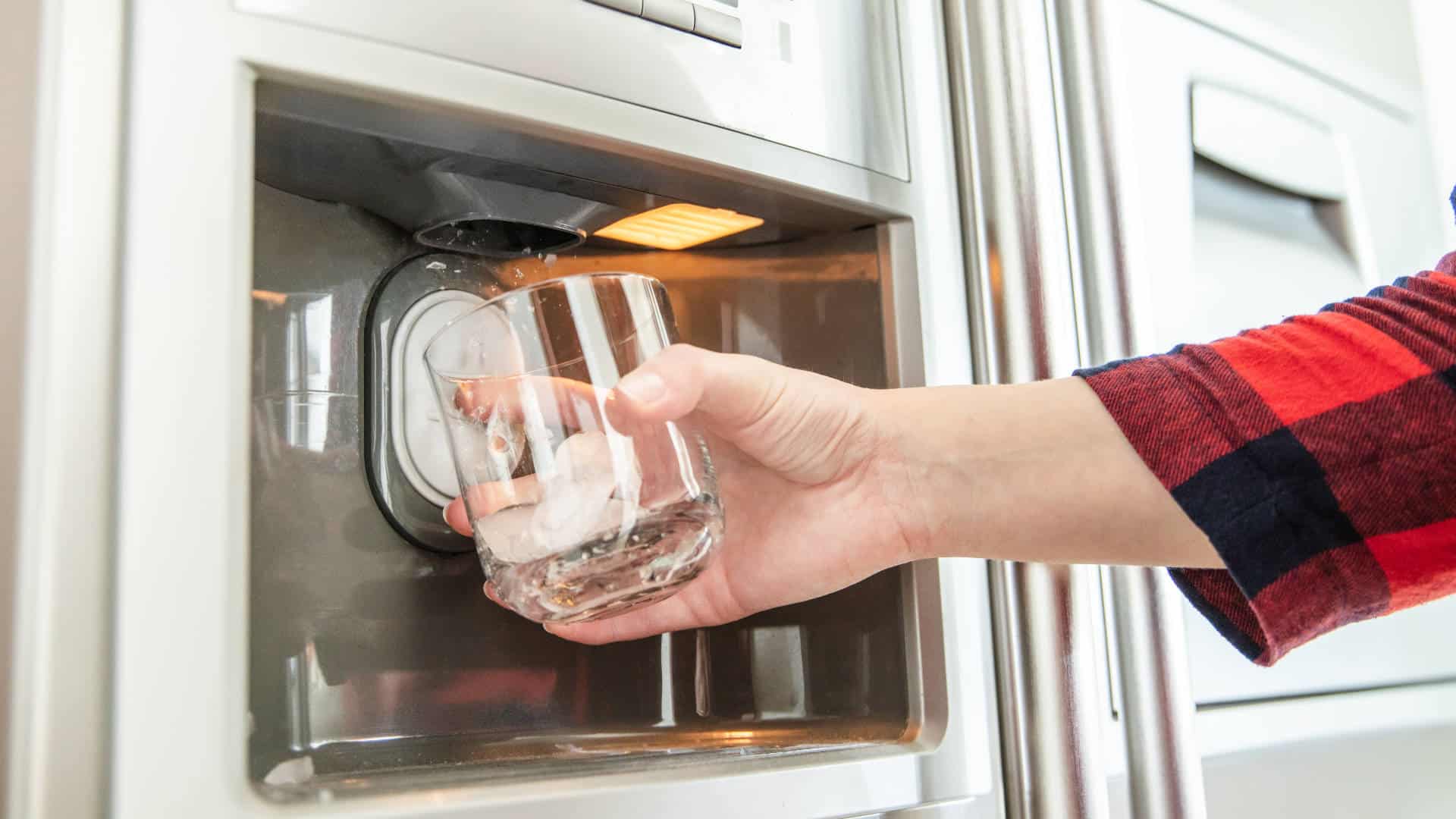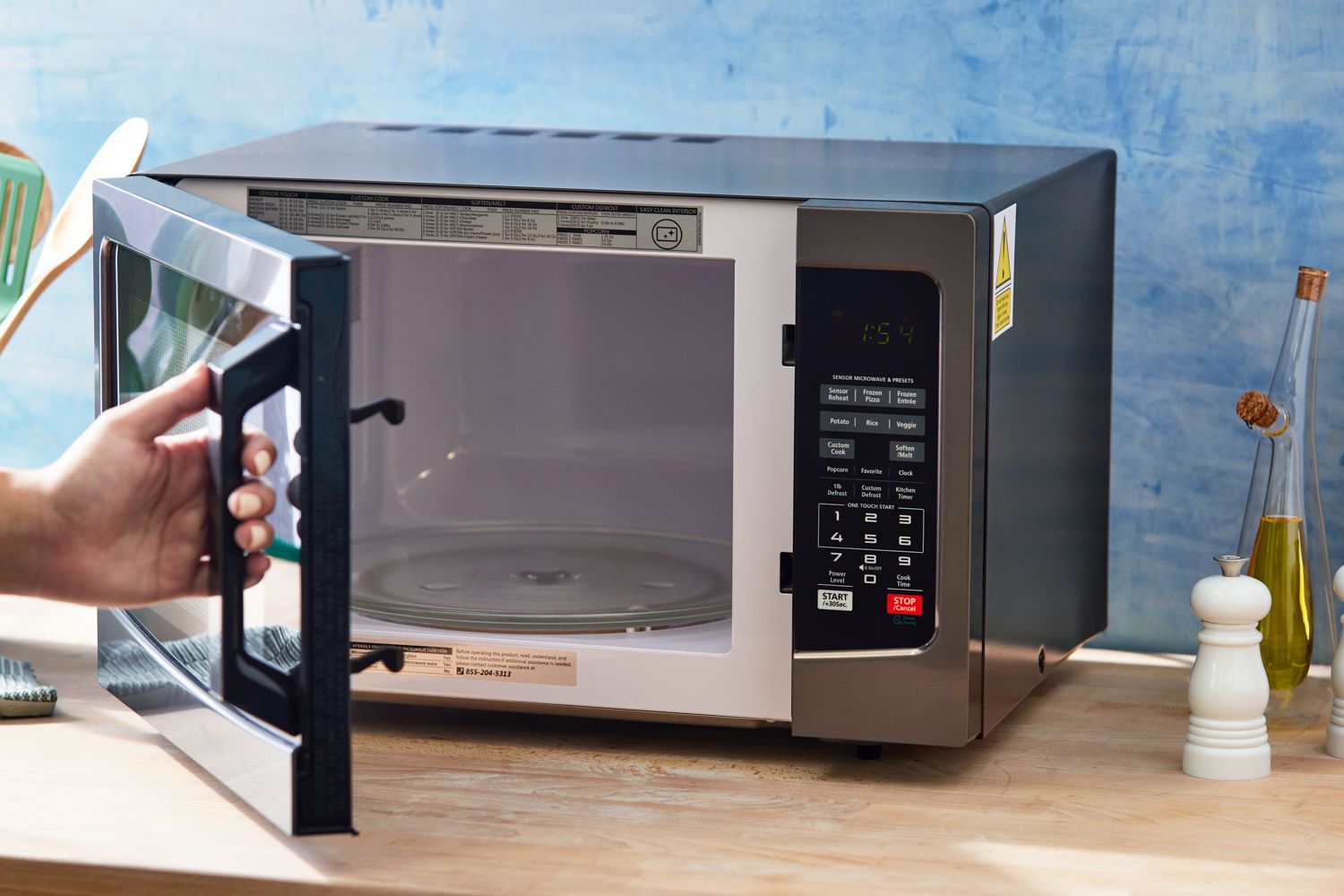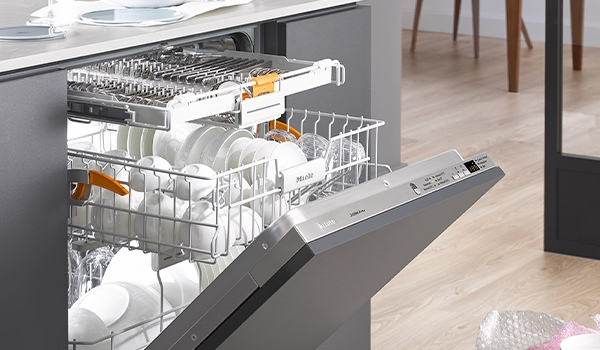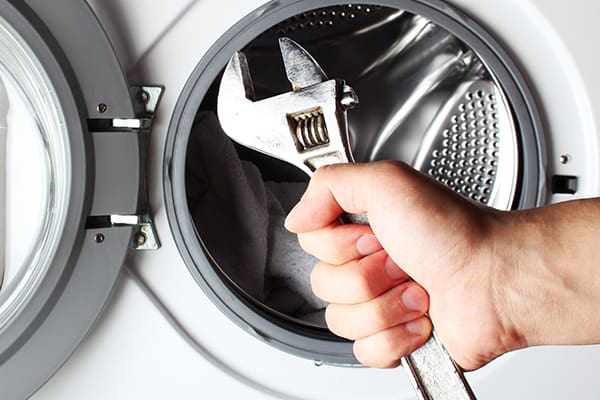GE Refrigerator Ice Maker Malfunctioning: Reason, Fixing Guide, and Cost
There's nothing more refreshing than a cold beverage adorned with ice on a hot summer day. Your refrigerator's ice maker, an often-overlooked feature, plays a vital role in providing this luxury. However, various factors can cause this machine to malfunction, leading to a frustrating lack of ice production.
In this blog, we will provide an overview of common issues that could make your General Electric (GE) refrigerator's ice maker stop working. We will also share troubleshooting steps and estimated costs for fixing these problems.
Common Reasons for Your GE Refrigerator Ice Maker's Malfunction
An ice maker may cease to work due to several reasons, including:
Faulty Water Inlet Valve
The water inlet valve controls the flow of water into your ice maker. If it's defective, it may prevent water from reaching, thus hindering ice production.
Frozen Water Line
Water must flow through the line. However, if the line freezes, it blocks this passage, stopping ice production.
Malfunctioning Ice Maker Module or Motor
The module or motor commands the various stages of ice production. A malfunction in this part can disrupt the entire ice-making process.
Clogged Water Filter
A clogged water filter can reduce or completely block the water supply to the ice maker, preventing it from making ice.
Addressing issues with your GE refrigerator's ice maker requires accurately identifying the problem at hand. Here are some in-depth troubleshooting steps for the most common issues.
How to Fix GE Refrigerator Ice Maker Malfunctioning by Yourself
Checking the Water Inlet Valve
The valve is a critical component of your ice maker; it controls water flow into the appliance. If it malfunctions, ice production may come to a halt.
Steps to Inspect and Clean the Water Inlet Valve
Before inspecting the valve, ensure you unplug the refrigerator to avoid any electrical mishaps. The valve is usually located at the rear of the refrigerator. Once you've located it, carefully examine it for any signs of mineral deposits or debris that might be blocking the water flow. If you notice any such issues, clean it thoroughly.
When to Consider Replacing the Water Inlet Valve
In some cases, cleaning the inlet valve might not resolve the problem, especially if the valve is damaged or worn out. In this situation, you should consider replacing the valve with a new one.
Estimated Cost of Valve Replacement
Water inlet valve replacements for GE Refrigerators typically range from $50 to $100, not including labor costs for professional installation. Please note that these costs can vary depending on your refrigerator's specific model and local labor rates.
Thawing or Replacing the Frozen Water Line
The water line is another vital part. If it freezes, water cannot reach the ice maker, ceasing ice production.
Identifying a Frozen Water Line
If your water dispenser's flow noticeably reduces or completely stops, this could indicate that the water line has frozen.
Steps to Thaw the Water Line
To thaw a frozen water line, use a hairdryer on a low heat setting. Remember to be cautious to prevent any plastic parts from melting.
Replacing the Water Line if Necessary
In cases where the water line is damaged or persistently freezes, you may need to replace it.
Estimated Cost of Water Line Replacement
A new water line for a GE Refrigerator usually costs between $20 and $50, not including the installation costs.
Replacing the Ice Maker Module or Motor
The module or motor controls the ice production process. If either of these parts malfunctions, your applience may stop working altogether.
Signs of a Malfunctioning Ice Maker Module or Motor
If your isn't producing ice despite a functioning water line and valve, the issue may lie in the module or motor.
Steps to Replace the Module or Motor
Replacing the module or motor is a complex task, and it's best left to professionals to avoid causing additional damage.
Estimated Cost of Module or Motor Replacement
A new ice maker module or motor for GE Refrigerator usually costs between $70 and $100, not including the costs of professional installation.
Replacing the Water Filter
Your refrigerator's water filter is vital for maintaining the quality and flow of water. If it gets clogged, it could impair ice production.
Indications of a Clogged Water Filter
A significant slow-down or complete stop in water dispensing is a strong indication of a clogged water filter.
Steps to Replace the Water Filter
Most homeowners can replace the water filter by themselves by following the instructions in their refrigerator's manual. It's a simple task that usually doesn't require any special tools.
No Professional Labor Required
As previously mentioned, most homeowners can replace their refrigerator's water filter themselves, eliminating the need for labor costs.
Estimated Cost of Water Filter Replacement
A new water filter for your GE refrigerator generally costs between $40 and $60.
These troubleshooting steps should help you identify and address the most common issues with your GE refrigerator's ice maker. However, always remember that if you're unsure about any step, it's best to consult a professional to avoid causing further damage.
How much does it Cost to Fix GE Refrigerator Ice Maker?
The cost of repairing a GE refrigerator ice maker in Cypress, Texas ranges from $90 to $250, depending on the issue. If the applience is beyond repair and needs to be replaced, the cost is between $300 and $420.
The cost of repairing can be broken down into several parts:
- Parts: The cost of parts can vary depending on the issue. For example, if the refrigerator needs a new motor or valve, that can cost between $50 and $200.
- Distance: Some companies charge a travel fee for technicians to come to your home. This fee can range from $50 to $100 depending on the distance.
- Labor: The hourly rate for an appliance repair technician is between $60 and $100. The amount of labor required will depend on the issue with the ice maker.
- Warranty: Some companies offer a warranty on their repairs. This can range from 30 days to 1 year.
It’s important to note that these costs are estimates and can vary depending on the company you choose and the specific issue.
Be careful on who you are working with, make sure that you have checked the following before making a final decision:
- Research the company before hiring them.
- Get multiple quotes from different companies.
- Ask for references from previous customers.
- Check if the company is licensed and insured.
- Make sure you understand the warranty and guarantee policies.
- Don’t pay for the entire service upfront.
- Keep a record of all communication with the company.








